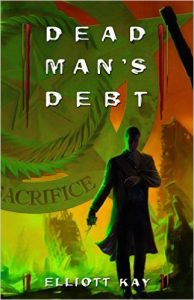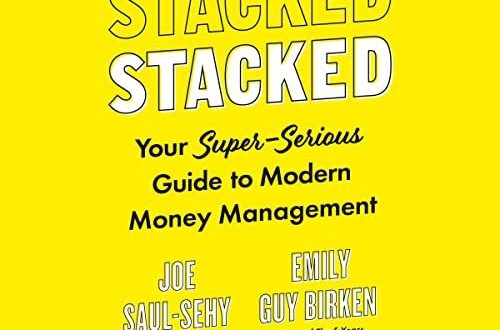
Book Review: Dead Man’s Debt by Elliot Kay
I just finished my second read through of Dead Man’s Debt by Elliot Kay. For the sake of full disclosure, I know the author, and the first time I read the book, it was as one of his beta readers before he published.
That said, I can honestly say I enjoyed the book. This should not come as a huge surprise. It is the third book in the series, and I would not have volunteered to be a beta reader if I had not enjoyed the first two books.
Dead Man’s Debt is the continuing adventures of Tanner Malone and the end of his time in the Archangel Navy. While the two previous books were complete stories in and of themselves, they also started a number of storylines which did not come to completion in their pages. Those storylines were brought to satisfying ends in this book. I would quite happily call this a complete trilogy, but am also thrilled that Elliot writes in his final notes that there will be another book.
One of my favorite things about this series is the way it ties military service to educational debt, and the rebellion against that debt on a grand scale is the precipitating factor for the whole series. On some level, I think this may make Elliot an oracle, as Poor Man’s Fight was originally published in 2014, so it was post the Occupy Wall Street movement, but certainly predates the current political obsession with student debt, and how people carry it with them throughout their lives.
In fact, one of the parts of the book I find most powerful is when Tanner is sitting by himself, remembering friends who fell in the war, and he thinks of them in terms of their debt. And not just those who owed money, but those who did not and still fought, for their friends, to end what they felt was an injustice.
For me, however, the best part about the end of Dead Man’s Debt, and of the series, is that it makes the reader question if the end always justifies the means, without actually answering that question, not even really for the characters. Because while Tanner and his friends have a definite belief that what some people did was wrong, and that they should face consequences for those actions, it is also specifically addressed that other actions done by those same people worked out for the best for the rest of the story’s universe. And Tanner and his friends are reaping the benefits of the ends, no matter how much they object to the means.



